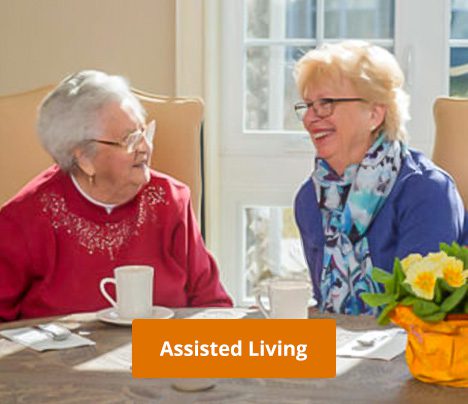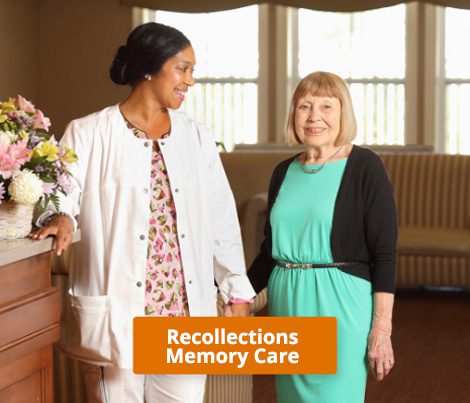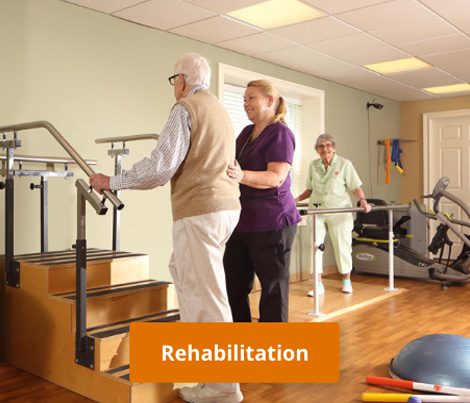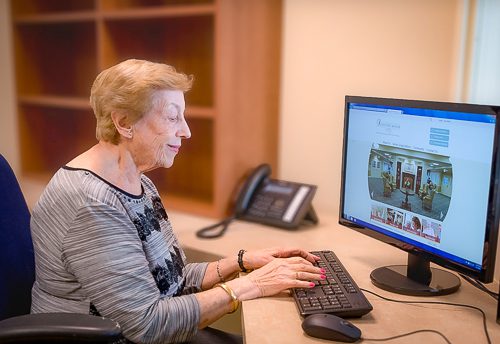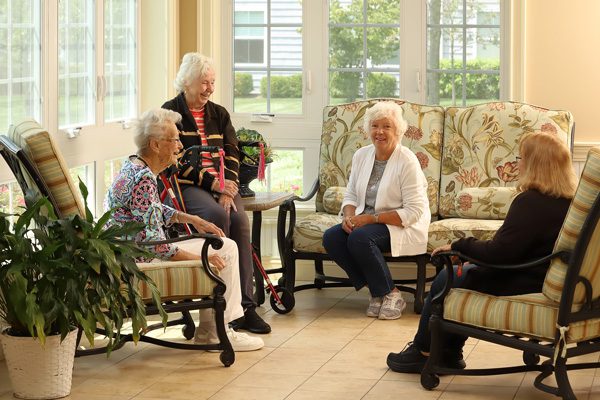Caregiver Fatigue: Know the Signs

Learn about the ten signs of caregiver fatigue, and how to help.
 As rewarding as looking after a senior loved one can be, it is not always easy. Caregiver fatigue is real, and if you’re experiencing fatigue or burnout – or if you think a caregiver in your family may be struggling – you’re not alone.
As rewarding as looking after a senior loved one can be, it is not always easy. Caregiver fatigue is real, and if you’re experiencing fatigue or burnout – or if you think a caregiver in your family may be struggling – you’re not alone.
Whether you’re a caregiver yourself, or you’re the person who cares for the caregiver, it’s important to know the signs of caregiver fatigue and the types of help and support available before there’s an emergency.
Learn more about the signs of caregiver fatigue, the support options available for caregivers, and how to help care for the person in your family who cares for others.
What is Caregiver Fatigue?
Caregiver fatigue refers to a state of deep physical, emotional, and mental weariness due to the stress of caregiving. (Caregiver burnout is an extreme form, in which the caregiver may develop significant stress-related physical symptoms.)
For all the positives of caring for a senior loved one, the process also brings emotional and physical challenges. You are not alone if you or someone in your family is experiencing caregiver fatigue. In fact, as many as 60% percent of family caregivers looking after senior loved ones experience caregiver fatigue and show signs of burnout.
Why Does Caregiver Fatigue Happen?
Even the most strong and dedicated family caregivers can experience caregiver fatigue.
Caregiver fatigue is about more than having too much on your to-do list, although the volume of tasks and responsibilities are a big part of it. The emotional stress of caregiving contributes significantly, too.
- Caregivers are managing changing roles and relationships within their families.
- Both seniors and caregivers may have unmeetable expectations of what a caregiver can accomplish and what the results will be.
- Along with positive feelings of care, love, and commitment, challenging feelings like guilt, denial, and grief are common as part of the caregiving experience.
- The intense focus of looking after others means caregivers may not notice the warning signs of fatigue in themselves.
Looking after a loved one’s health can affect a caregiver’s health, too. When a caregiver just doesn’t quite seem like themselves, that may be a sign of needing more support.
What are the Warning Signs of Caregiver Fatigue?
Everyone experiences stress differently However, some of the common feelings and experiences caregivers may have when they’re highly fatigued include:
- Feeling burdened.
- More aches and pains than usual.
- Change in weight or appearance.
- Sleeping too much or not enough.
- Constant worry.
- Feeling sad.
- Losing interest in enjoyable activities.
- Not looking after your own health.
- Easily angered or annoyed.
- Difficulty solving problems or prioritizing.
Support Options for Caregivers
Fortunately, caregivers – and those who care for caregivers – have options.
If you’re a caregiver and experiencing fatigue and signs of burnout, it’s time to look for help. Even the most devoted and loving caregivers need rest.
- Ask for and accept help from family, friends, and paid caregivers.
- Set realistic expectations for yourself. What can you take off your to-do list?
- Explore respite care options for your loved one so that you can rest and recharge. Respite care is available for assisted living, memory care, and skilled nursing.
- Look after your own physical and mental health. Keep your medical appointments and consider caregiver support groups. Many groups offer online options for easier access.
- Do not wait for an emergency to seek supportive care options, whether for the short term or the long term.
When you’re concerned about a family caregiver, it’s important to let them know you care, and offer specific ways you can help.
- If you’re far away: offer to research respite options, manage mail-order prescriptions, or sit in on telehealth appointments.
- If you’re nearby: let the primary caregiver know specifically how you’re available to help, and when. For example, you can help with transportation to appointments, shopping, or errands on specific afternoons, or to check in on senior loved ones on the weekends.
A senior loved one’s care needs may not rest, but caregivers must. Know the signs, so that you – or the caregiver in your family – can get the support they need when they need it.
Considering a respite stay for a senior loved one? Contact us to learn more.
Learn More About Why Families Rely On Sunnyside Manor
When you have questions about senior living, we are here to help. Sunnyside Manor offers assisted living, memory care, and skilled nursing and rehabilitation. Learn more about Sunnyside Manor’s resources for caregivers. Whether you’re looking for short-term support or a longer-term plan, begin with our “Getting Started” guide. Please call us at 888-696-2052 to speak with a senior living expert.
Sunnyside Manor, located in Wall NJ, is the area’s premier family-owned senior living community. The community features three distinctive neighborhoods: Independence ‘Plus’ Assisted Living, Recollections Memory Care, and Long-Term Care & Short-Term Rehabilitation. Respite stays and palliative care are available in all neighborhoods.

